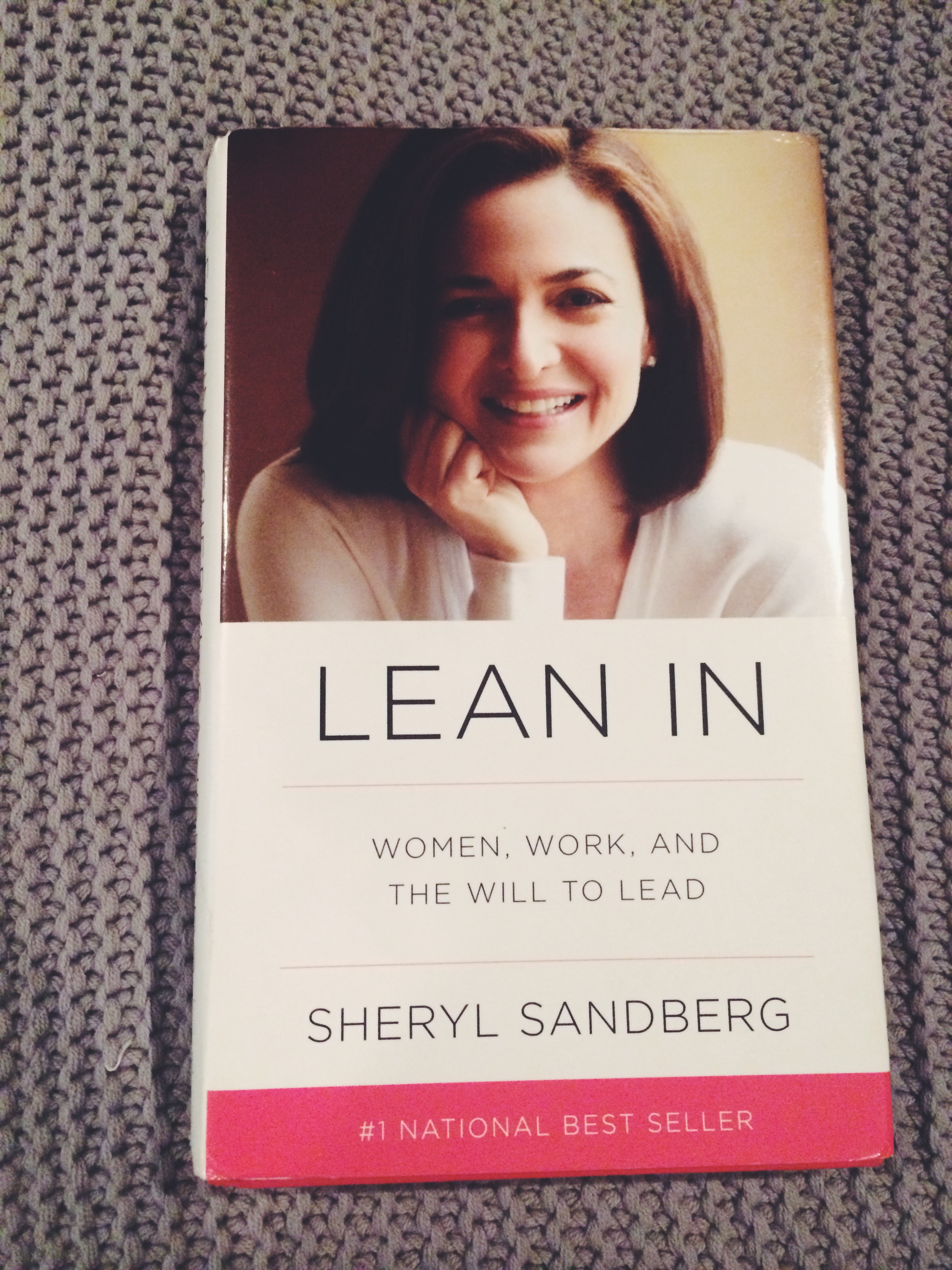Latinas Are Leaning In, A Book Review
Two summers ago, I brought the book Lean In with me on vacation to St. Martin and promptly threw it back in my travel bag because this is just not beach-reading material! A few months later, I was having lunch with one of the few Latina lawyers I know and she highly recommended the book. I started reading it and couldn’t stop. It was so informative and compelling, not just because the stories and statistics provided illuminated problems women face in the professional workforce; or because the advice seemed practical and useful; but because it was a window into a powerful world that we are trying to join.
First, from a sociological perspective, the book contains data that paints a really great picture of what many women face in their careers. However, be aware that when books and articles discuss “women” and they don’t break it down by ethnicity/race, then likely this is only painting the picture for one type of woman: our white contemporaries. The reality is that life is often different for us because we face different problems and obstacles (i.e. the whole 77 cents vs. 56 cents situation). So it’s important to know that most of those stats in Lean In may not necessarily apply to Latinas. However, from my perspective, our problem isn’t that we don’t have the same types of privileged advantages that Sheryl Sandberg had (a common criticism aimed at this book), but rather that Latinas are faced with deep systemic oppression that makes even attending college very difficult for us. So by the time we earn those degrees and join the workforce, we’ve overcome a lot more than finding affordable daycare (though that is by no means a small problem). However, while our problems are somewhat different, the data is still informative and I just assume that if it’s bad for white women in the workforce then it’s generally worse for me, ok? Point me to studies that prove me wrong.
Second, the criticism about how Sandburg overlooked her advantages that allowed her to succeed wasn’t what made me pause. What I had trouble relating to was the apparent wishy-washy, tepid way that women were allegedly behaving in their careers. Not sitting at the conference table? Not providing an opinion at a meeting? This wasn’t a problem for me and not a problem for most Latinas that I know. In short, I believe that Latinas don’t have to be told to Lean In because we Lean In already. When Latinas are able to graduate college and earn professional degrees, we then help our communities; we build businesses; and we are active agents in our careers. When we are able to actually make it to the mountain top (be it a law firm, board room, or directing a community center) it’s not difficult for us to Lean In because we have long been revolutionaries accustomed to pushing against the status quo and advocating for ourselves and others. This big strength Latinas possess hasn’t really been fully investigated. For example, I read articles that say “women” don’t want leadership roles, but they really are talking about white women because Latinas are doing the damn thing when it comes to heading households while attempting to grow our careers.
Now, will we encounter roadblocks? Yes. Bigoted bosses? Yes. Face limiting social norms/gender roles that impede our progress? Yes. That’s why this book was so helpful for me. More than anything, it is a guidebook on how to continue to forge your career by showing us how the business/professional world works—a world that most of us and our families have not experienced. I got a better sense of the culture and expectations imposed by the status quo in the business world. After reading this, it seemed obvious that while I didn’t need the pep-talk to become proactive at work, I did need the knowledge on how to negotiate, network, and interact in a way that conformed to the standards set by my professional community. I thought her advice was practical, attainable, and reasonable. It lays things out in a way that I would be (and have been) able to use to confront issues at work or to plan my career progression. I know of other Latina professionals who have put her advice to use to alleviate problems at work as well. So while the book doesn’t specify problems Latinas encounter, it maps out how to handle problems in a way that we can use to our advantage.
Overall, I really recommend this book—especially for those starting their careers or aren’t as aware of the professional conservative culture that we have to (somewhat) acclimate to if we want to advance in our line of work. What did others think?


2 Comments
Lupe
I had mixed views about reading the book precisely because of the issues you pointed out. However, based on your review I think I will check it out. I will read it looking for the cultural perspective of negotiating in this professional community.
latinasuprising
Great! Tell us what you think once you get a chance to read it!